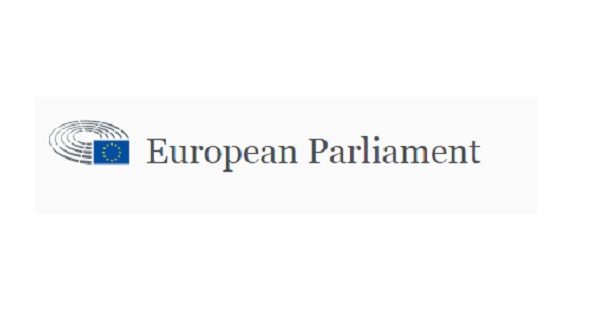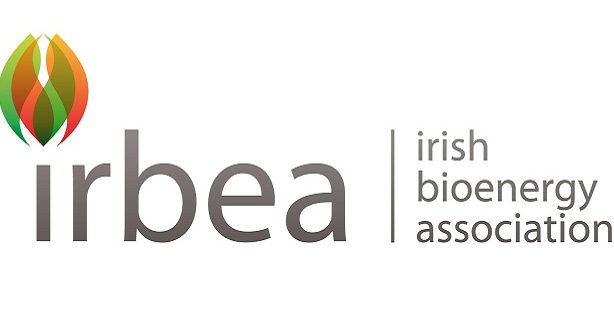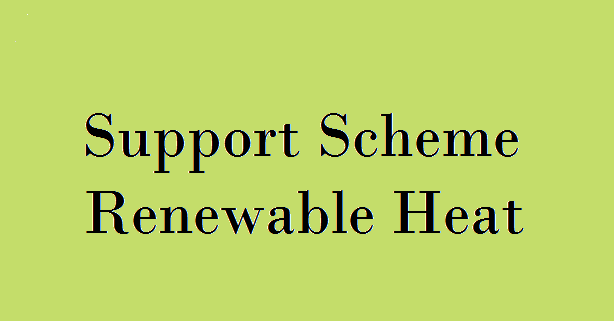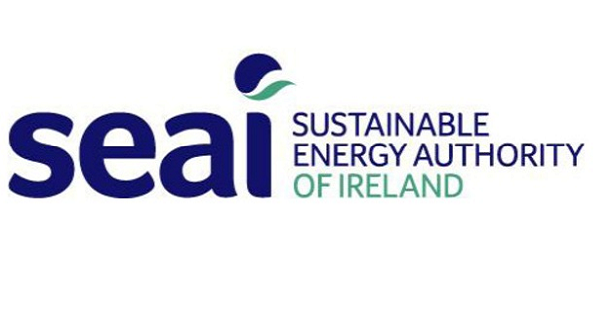European Parliament Adopt Balanced Position on Forest Bioenergy in EU Legislation on Promotion of Renewable Energy
/in All News, Featured /by demoirbea2015Reacting to European Parliament’s vote on the Directive on the Promotion of the Use of Energy from Renewable Sources (RED II) yesterday, forest owners and managers welcome it as a positive step. The outcome recognises the importance of forests and their role in tackling climate change. In particular, forest owners and managers recognise the efforts made by MEPs to set up a suitable system to verify sustainable forest biomass sourcing (Art. 26). This was achieved by rejecting the devastating amendment on regulating the use of different types of biomass feedstocks. The “risk-based” approach, which was supported in the vote, takes into account existing legislation and tools on sustainable forest management. However, certain sustainability requirements still need to be refined and simplified.
The three organisations – CEPF, Copa & Cogeca, EUSTAFOR – also welcome the fact that MEPs have recognized the important contribution forest-based advanced biofuels make to a more climate-friendly transport sector, with opportunities to increase green growth and jobs in EU rural areas. By keeping feedstocks such as tall oil and pulpwood in the raw material list (Annex IX), Parliament acknowledges the importance of a stable policy environment for current and planned investments.
But forest owners and managers regret that MEPs wants to allow the Commission to remove feedstocks from Annex IX as this could have a negative impact on long-term biofuel investments. The three organisations also urge EU policy-makers to pay attention to the wording on waste hierarchy and market distortions as this could result in the introduction of the cascading use principle into legislation. It has been highlighted also by the Commission, that the principle is not fit for EU legislation and goes against market principles. According to the organisations mentioned earlier these formulations should consequently be removed during the next steps of the legislative process.
A Draft Response By IrBEA To The Biofuels Obligation Scheme Consultation
/in All News, Featured /by demoirbea2015The Biofuels Obligation Scheme was introduced in 2010 and requires suppliers of motor fuel to ensure that biofuels make up a certain percentage of national annual fuel sales. This is known as the biofuel obligation rate and is currently set at 8%. DCCAE want the public to know that the biofuel obligation rate has an important role to play in helping Ireland meet its 2020 renewable energy targets. Ireland is committed to ensuring that by 2020, 10% of the energy consumed in the transport sector will come from renewable energy sources. In order to meet this target, it will be necessary to increase the biofuels obligation rate to approximately 12%.
The Department of Communications, Climate Action and Environment is seeking views in relation to implementing a phased increase in the biofuel obligation rate and on how the scheme could be developed in the future. View the consultation document from DCCAE on future increases in the biofuels obligation rate here and details regarding public submissions on the website.
IrBEA have drafted a response to the recent Biofuels Obligation Scheme Consultation pdf here (download here)
Some key issues within the document include:
- Increasing the blend rate to 10% from 2019 to 12% from 2020?
- Incentivising the inclusion of more advanced biofuels – such as biomethane (cap on first generation biofuels)
- Introducing the BOS into the heating sector?
IrBEA Submission on Enduring Connection Policy Stage 1 (ECP-1) Can be Viewed
/in All News, Featured /by demoirbea2015IRBEA has spent some time drafting a response to the Commission for Regulation of Utilities (CRU) on pending Enduring Connection Policy Stage 1 (ECP-1) which has far-reaching consequences for connectivity of renewables. The submission can now be viewed IrBEA Response to CRU17309 Consultation_Final We would like to thank everybody who contributed to the final submission.
Renewable Heat Support Scheme Calculator
/in All News, Featured /by demoirbea2015IrBEA has already reported on the recently announced national Support Scheme for Renewable Heat having secured government approval. The scheme is designed to financially support the replacement of fossil fuel heating systems with renewable energy for large heat demand non-domestic users. This covers commercial, industrial, agricultural, district heating, public sector and other non-domestic businesses and sectors. Filtrex who commission renewable energy projects have a calculator which estimates the potential savings you could see when you switch to biomass systems under the new scheme. Link to calculator here
SEAI Report – Potential Biomass Prices in Ireland
/in All News, Featured /by demoirbea2015The price that solid biomass will be available at in Ireland is a key assumption underpinning the formulation of heat incentive tariffs. As part of efforts to ensure that the RHI in Ireland is designed to meet the target for renewable heat at least cost, SEAI have sought advice from Ricardo Energy and Environment on the price and availability of biomass resources for use in the heat sector in Ireland. The report highlights key information gathered, and important considerations around biomass supply chains, energy security, infrastructure, and sustainability which need to be taken into account when setting a price to use in analysis of the tariff. It is important that the price reflects as accurately as possible the price that biomass developers will see in the marketplace as schemes become operational, if the assumed price in the tariff analysis is lower than is actually seen in the marketplace then uptake is likely to be lower than forecast as switching to biomass will not be an attractive option. Conversely, if the assumed price is higher than is seen in the marketplace, then operators will potentially be over subsidised. The proposed SSRH is unlikely to be operational for several months, and potential applicants to the scheme will be considering the biomass price which they will face in the initial years of operation. Potential applicants may find this report useful in assessing viability, view here (Published 26 Oct 2017
A Report from the Farmers Journal – Step by Step Developing a Biogas Plant
/in All News, Biogas & Anaerobic Digestion /by demoirbea2015With Government support expected in the coming year, there is growing interest in installing Anaerobic Digesters. This article highlights the key steps in the process which need to be carefully managed. Russell Smyth (KPMG) and others discuss key steps including securing finance, obtaining planning permission and getting a Department of Agriculture licence. View the article here if you can not access the article register for a free subscription.
Minister Naughten Publishes Public Consultation on the Biofuels Obligation Scheme
/in All News /by demoirbea2015The Department of Communications, Climate Action and Environment is seeking views in relation to implementing a phased increase in the biofuel obligation rate and on how the scheme could be developed in the future. View are also sought on the potential for a similar obligation scheme in the domestic heating sector. Details on the consultation can be found here. The closing date for receipt of submissions is 19th January 2018.
Intel Goes 100% Renewable to Power 360-acre Leixlip Campus
/in All News /by demoirbea2015Intel announced that 100% of the electricity supplied to its Leixlip campus in 2016 was generated from indigenous renewable resources, making it one of the largest voluntary, private purchasers of renewable energy in Ireland. Since 2016, Intel Ireland has bought all of its power from its key supplier, Electric Ireland. Ireland is the first major Intel location outside of the US to have bought 100% certifiable renewable electricity. This article is an interesting insight into Intel’s commitment to addressing climate change, for many years they have engaged in actions and strategies that reduce the companies carbon footprint. They began to publicly report on greenhouse gas emissions many years ago. In the last 4 years Intel Ireland have recycled 92% of solid waste and are close to achieving a zero chemical waste to landfill goal with 99% of all chemical waste going to non-landfill sources. View article
Update on Biogas Action Project is Supported by the EU Horizon 2020 Programme
/in All News, Biogas & Anaerobic Digestion /by demoirbea2015The Biogas Action project is supported by the EU Horizon 2020 Programme to serve as a vehicle for boosting the development of the European biogas/biomethane sector. It aims at promoting biogas development in the target countries/regions Southeast and Western part of France, Wales/UK, Croatia, Czech Republic, Netherlands, Denmark, Latvia and Southeast Sweden enabled by proven support strategies and guidelines. The project’s aim is to dissemination at broad European scale and encourage learning and good practice in other countries and regions. Click to the newsletter here




